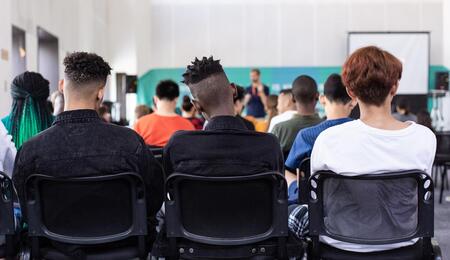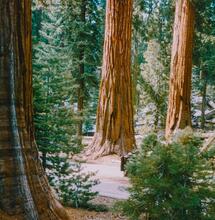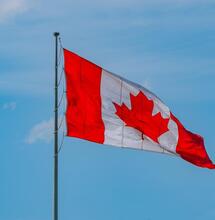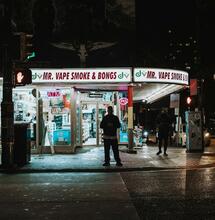Legal Retailers in California Avoid Selling Pot to Minors

One of the ever-prevalent myths about cannabis is that teens can easily get their hands on it, even at legal dispensaries where vendors are required to ask for your ID so they can complete the sale. However, a recent study in California shows that not a single dispensary in the state has been caught selling weed to minors. This is consistent with other states, such as Colorado and Washington, where similar checkups have been done in recent years.
A new study confirms that adult-use dispensaries in the Golden State play by the rules. Vendors appear to be continuously checking IDs as required by state law.
How did this conclusion come to be, you may ask? Researchers hired undercover patrons who looked underage to 50 randomly selected dispensaries in the nation's largest market to see if they could get pot without first showing an ID as required. But vendors were following rules at every location. Everyone reportedly asked for an ID before proceeding to sales.
The study results were published last month in the Journal of Safety Research. Various retail locations were included in the observation, including a few entities that it turned out sold medical cannabis only. All data collection was completed before the onset of the pandemic.
"The objective of the current study was to assess the ease of access to marijuana by underage patrons at recreational marijuana outlets in California, where recreational marijuana was legalized in 2016," write the authors in the study abstract.
Under Californian law, any adult above the age of 21 can legally purchase weed. Young people between 18 and 20 may also buy cannabis products, given that they have a doctor's recommendation.
"It appears that licensed California recreational marijuana outlets avoid selling marijuana to underage customers. One reason could be a strong incentive for recreational marijuana outlet owners and managers to avoid being shut down for an illegal activity," said the authors.
The penalty for furnishing pot to an underaged person in California is up to six months in jail and a $500 fine for a first offense.
One of the main concerns of young people using marijuana is that they frequently engage in driving after marijuana use. The research team cited an earlier report from 2017, which claims that 64% of males and 33% of females who said they frequently use marijuana also said they were intoxicated with marijuana while operating a vehicle in the last 30 days.
A Youth Risk Behavior Study from the same year found that among teen drivers who've reported marijuana use, nearly 50% reported driving under the influence.
The legalization of marijuana in California has been somewhat associated with an increase in adolescent marijuana use, which is not the case in other legal states. Usually, legalization results in a decrease in marijuana use among adolescents.
From here stems the concern that if recreational marijuana outlets in California are selling marijuana to underage youth, there could potentially be an increase in youth driving shortly after consuming marijuana products.
Another survey has found that up to 90% of 12th graders reported that pot is easy to obtain. However, it is suggested that young people usually get weed from older friends or siblings and at parties rather than attempting a purchase at a legal outlet. Only a small percent of young people have said they have actually bought their stash from a legal marijuana retailer.
Studies seeking to answer whether legal outlets sell weed to minors have previously been conducted in Colorado and Washington.
One Colorado study from 2016 found that 95% of pseudo- underage buyers attempts were unable to complete marijuana purchases at licensed retailers.
In 2018, the Washington State Liquor and Cannabis Board reported that 92% of 2,664 underage compliance checks carried out in the state in the span of three years resulted in the sales being denied.
These results are encouraging and are in favor of the legal cannabis sector. They show that the system is functioning and that retailers obey the rules. But if there is anything else to worry authorities and parents, it is that where there is a will, there's a way for underage young people to find weed. Whether the weed they delegate from their older peers comes from legal sources remains unclear.











